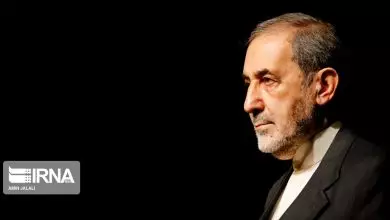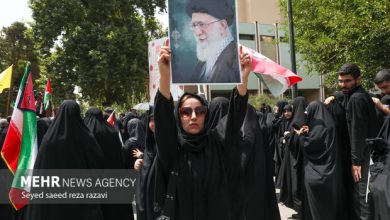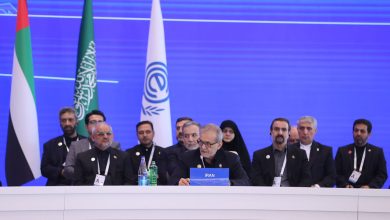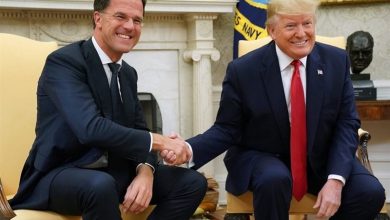US puts chairman of Iraqi anti-terror Hashd al-Sha’abi forces on sanctions list
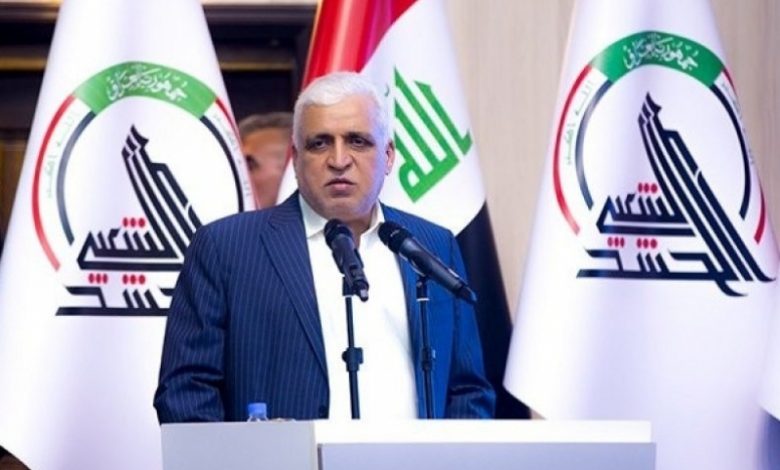
The United States has imposed sanctions on a former Iraqi national security adviser and chairman of the Popular Mobilization Units (PMU) – better known by the Arabic word Hashd al-Sha’abi, as Washington ramps up its measures against the popular anti-terror forces.
The US Treasury Department said in a statement on Friday it had blacklisted 64-year-old Falih al-Fayyadh, accusing him of being responsible for a crackdown by security forces on anti-government demonstrations in the Iraqi capital Baghdad and later in several other cities in late 2019.
The rallies erupted as a result of public anger at mass unemployment and failing public services. Reports say some 550 people were killed and 30,000 injured as the anti-government rallies took a violent turn.
Then Prime Minister Adel Abdul Mahdi pledged to address demonstrators’ grievances by reshuffling his cabinet and delivering a package of reforms.
The moves did little to quell the demonstrators, however, and the protests caused Abdul Mahdi’s resignation.
Fayyadh is one of the most senior Iraqi officials to be placed on the US sanctions blacklist.
The sanctions seek to freeze any assets a designated person has under US jurisdiction and bans American firms, including banks and other companies with US branches, from doing business with them.
‘US sanctions on PMU chairman out of despair’
Meanwhile, a leader of Iraq’s al-Nujaba Movement, whose group is part of the PMU, has dismissed Washington’s sanctions on Fayyadh as “a sign of failure of US conspiracies against the forces.”
“The action against Falih al-Fayyadh follows US inability to dissolve Hashd al-Sha’abi, and conspiracies against the forces are a failed American project,” Hashim al-Moussawi said.
He added, “The inclusion of the PMU chairman in the Treasury’s sanctions list is a sign of US frustration, and does not deserve a response.”
The sanctions against Fayyadh come as he recently warned against certain attempts to tarnish the image of the PMU forces.
“Hashd al-Sha’abi represents people from all strata of the Iraqi society, and will always remain faithful to Iraqi people and their legitimate demands. Hashd al-Sha’abi is not a tool of repression or a tool in the hands of an oppressor or a corrupt [official]. It seeks to secure peace and stability in the country,” Fayyadh said.
“PMU forces are guardians of Iraqi people and will remain loyal to them. They will fight those who want to plunge the country into turmoil,” he added.
Hashd al-Sh’abai fighters have played a major role in the liberation of Daesh-held areas to the south, northeast and north of the Iraqi capital Baghdad, ever since the terrorists launched an offensive in the country in June 2014.
Back in November 2016, the Iraqi parliament approved a law giving full legal status to the fighters. It recognized the PMU as part of the national armed forces, placed the forces under the command of the prime minister, and granted them the right to receive salaries and pensions like the regular army and police forces.
On March 27 last year, the New York Times reported that the Pentagon had ordered a secret directive, which called on US military commanders to prepare a campaign against Kata’ib Hezbollah, which is part of Hashd al-Sha’abi.
But the United States’ top commander in Iraq at the time, Lieutenant General Robert P. White, warned that such a campaign could be bloody and counterproductive.

